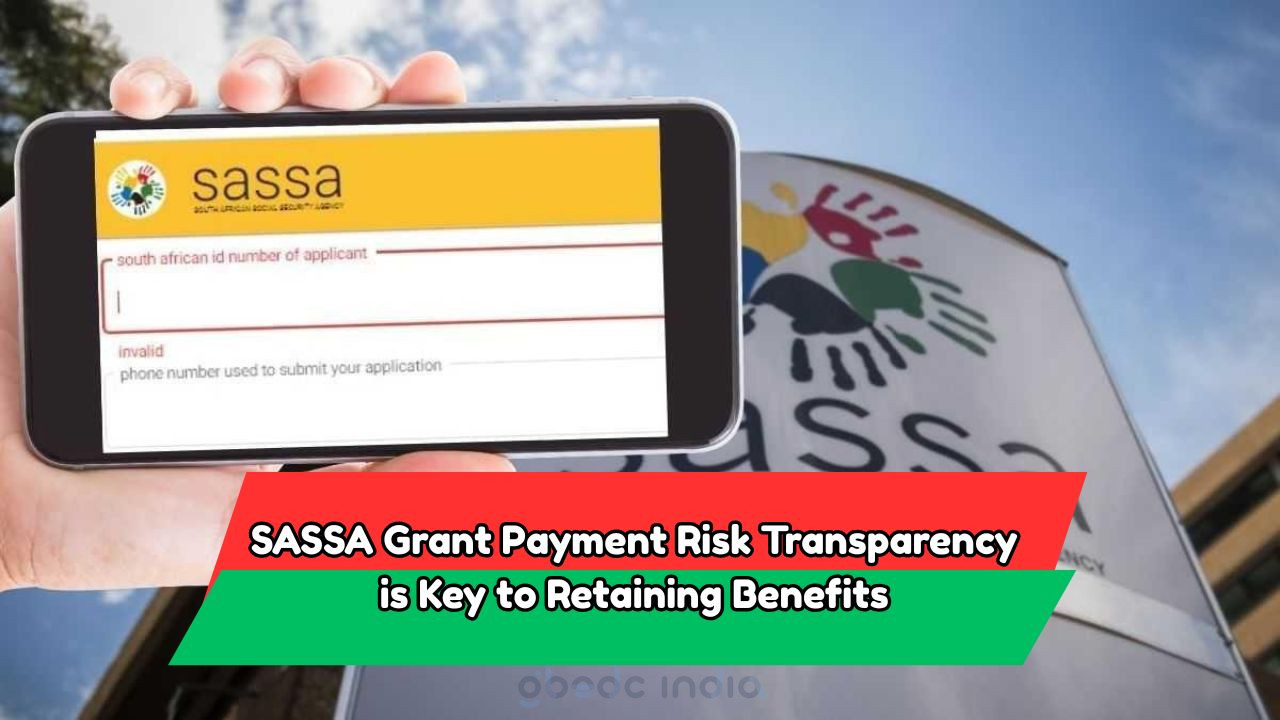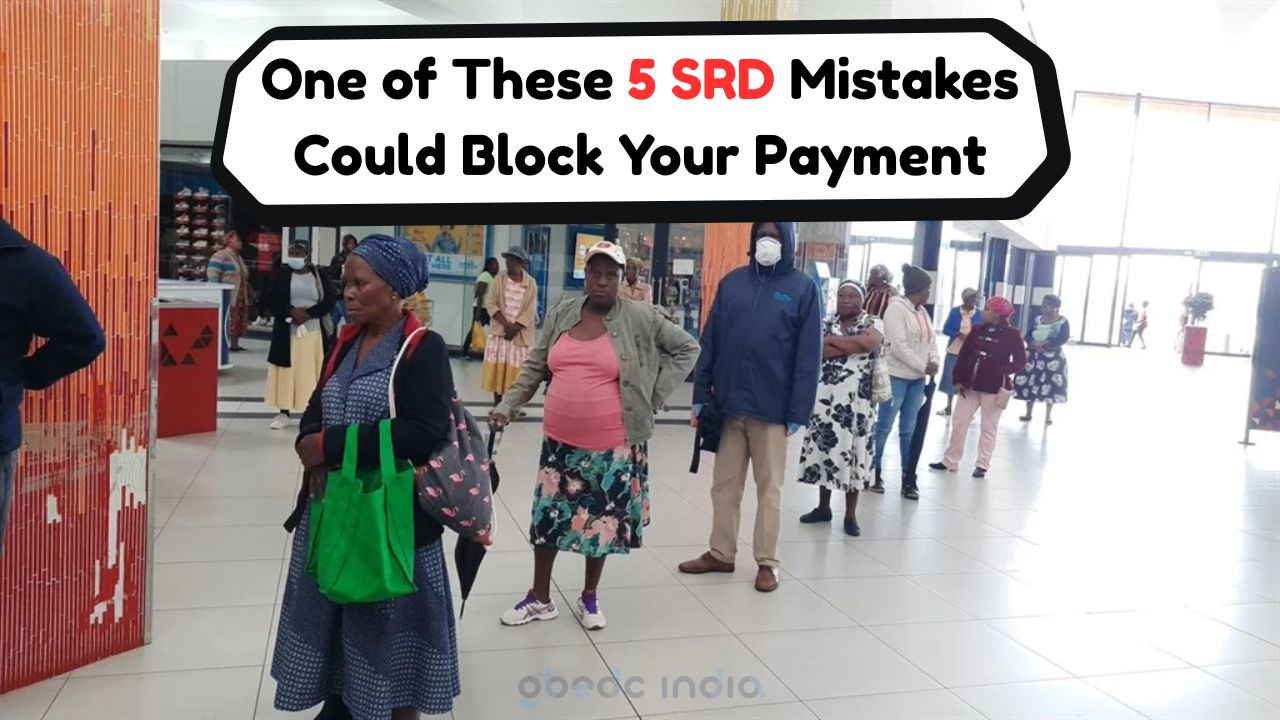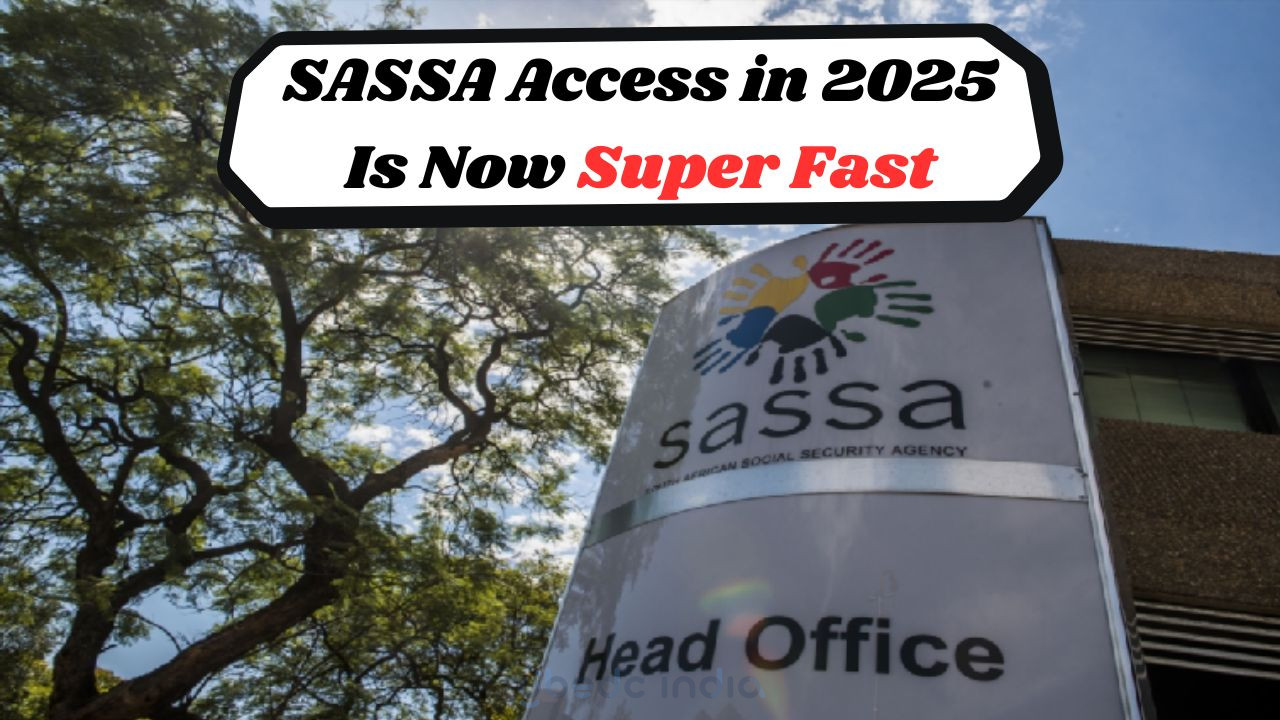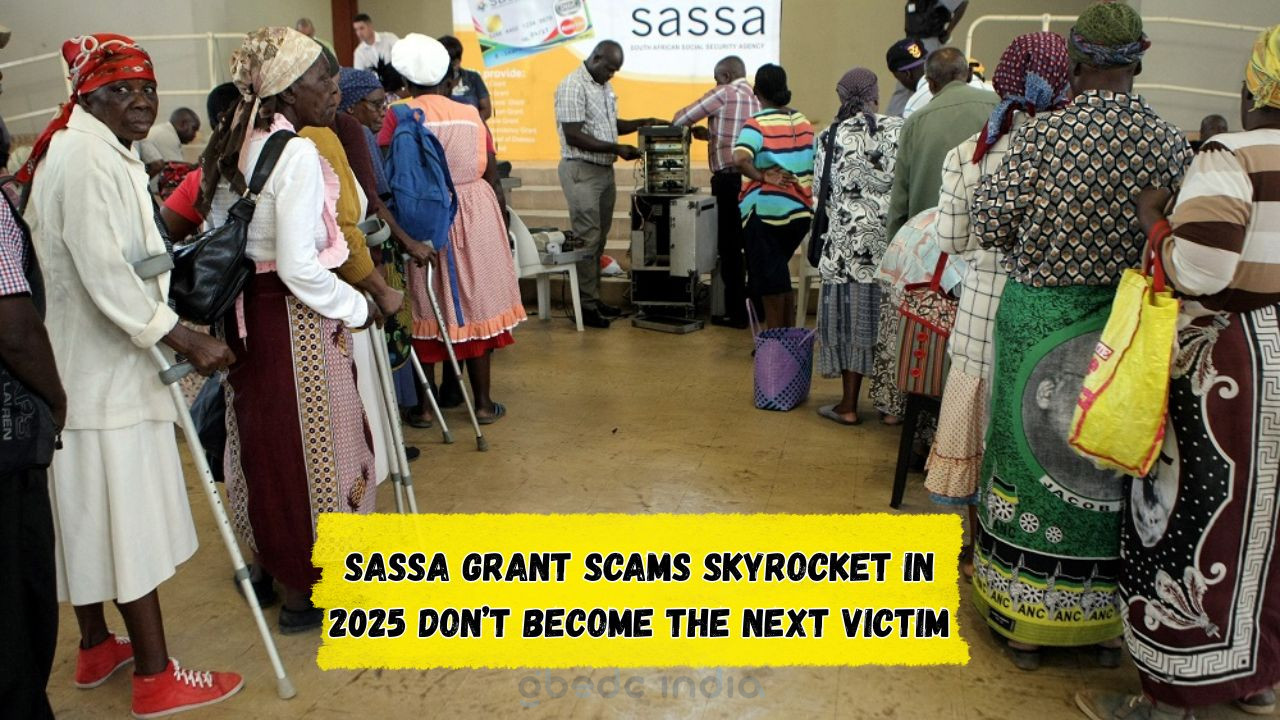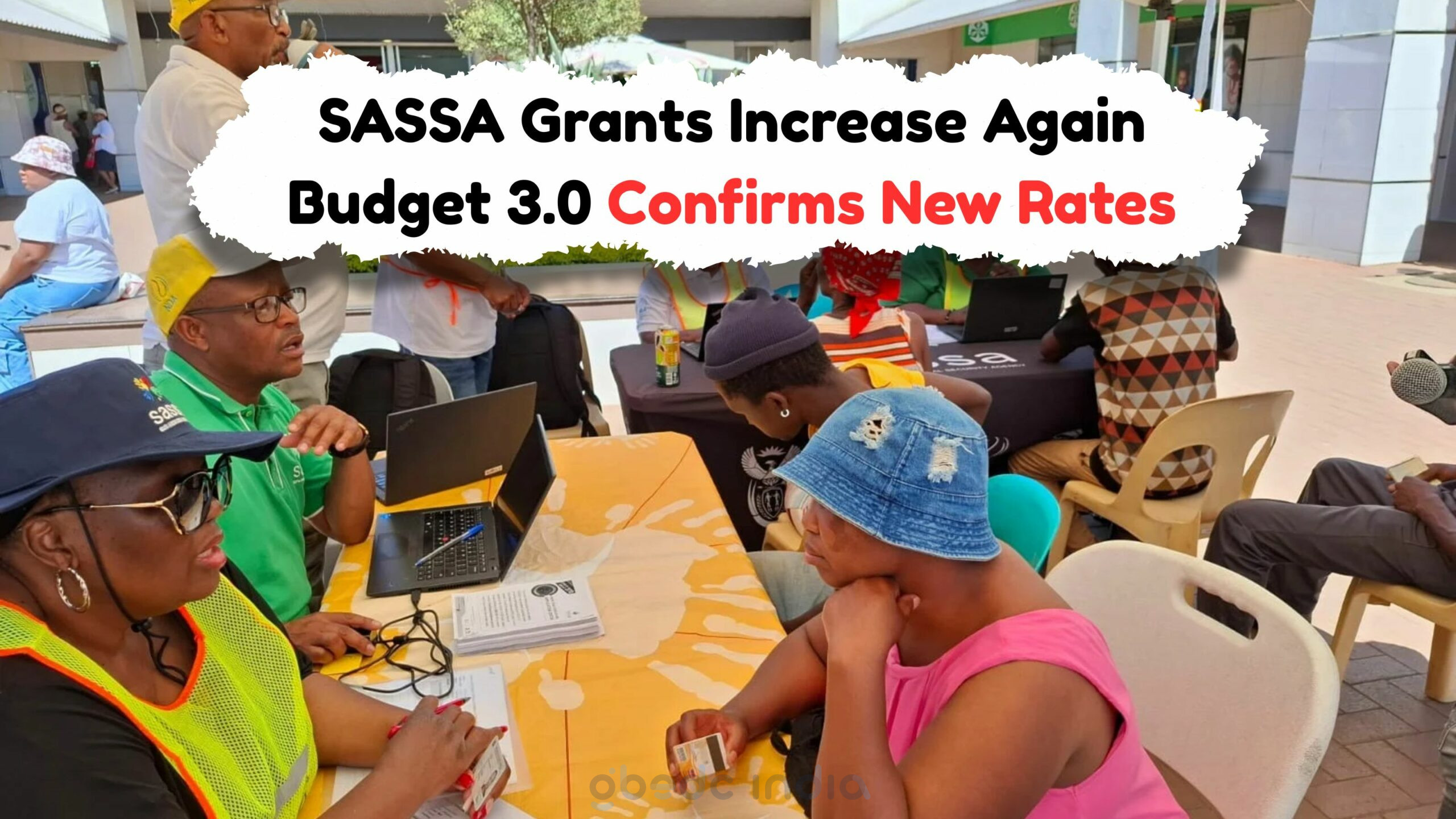Could Your Hidden Income Jeopardize Your SASSA Grant: South Africans relying on the South African Social Security Agency (SASSA) grants may face a new challenge as the agency intensifies its scrutiny on hidden incomes. With over 200,000 beneficiaries flagged for possible undisclosed earnings, the stakes have never been higher. The SASSA grants are a lifeline for many, providing essential financial support for those who are unemployed, elderly, or disabled. However, any undisclosed income could potentially put these benefits at risk. The agency’s recent efforts underscore the importance of transparency and compliance with income reporting requirements. Beneficiaries need to be aware of the implications of hidden income and how it could impact their eligibility for SASSA grants.
Understanding the SASSA Grant System and Its Importance
The SASSA grant system plays a crucial role in the lives of many South Africans, offering financial assistance to those in need. These grants are designed to support various groups, including the elderly, disabled, and children in vulnerable situations. The importance of these grants cannot be overstated, as they provide a safety net for individuals and families struggling to make ends meet. For many, these grants are the difference between poverty and a stable, albeit modest, living.
- Old Age Pension: Financial support for citizens over the age of 60.
- Disability Grant: Assistance for those unable to work due to a disability.
- Child Support Grant: Aid for families with children under 18.
- Foster Child Grant: Support for the care of foster children.
- Care Dependency Grant: Help for caregivers of children with severe disabilities.
The Impact of Undisclosed Income on Grant Eligibility
When it comes to SASSA grants, transparency about one’s financial situation is paramount. The agency’s recent investigations have flagged numerous beneficiaries for potentially failing to disclose additional sources of income. This oversight can have severe repercussions, leading to the suspension or termination of grant benefits. It’s essential for recipients to understand that any undisclosed income, no matter how small, could affect their eligibility.
Transparency and honesty are not just encouraged but mandated for those receiving SASSA benefits. The agency uses a variety of methods to verify income, including cross-referencing financial databases and conducting audits. Beneficiaries found to have hidden income may face penalties, including repayment of funds received and potential disqualification from future assistance.
| Grant Type | Eligibility Criteria | Monthly Amount | Potential Penalties |
|---|---|---|---|
| Old Age Pension | 60+ years, income below threshold | R1,890 | Repayment, disqualification |
| Disability Grant | Proven disability, income below threshold | R1,890 | Repayment, disqualification |
| Child Support Grant | Child under 18, income below threshold | R480 | Repayment, disqualification |
| Foster Child Grant | Legal foster care, income below threshold | R1,070 | Repayment, disqualification |
| Care Dependency Grant | Severe disability, income below threshold | R1,890 | Repayment, disqualification |
How to Ensure Compliance with SASSA Regulations
To avoid the risk of losing their benefits, SASSA grant recipients must ensure full compliance with all income reporting regulations. This involves accurately reporting any and all forms of income, regardless of the source or amount. Beneficiaries should familiarize themselves with the guidelines provided by SASSA and seek assistance if there is any uncertainty regarding what needs to be reported.
- Keep detailed records of all income and financial transactions.
- Report changes in financial status promptly to SASSA.
- Seek advice from SASSA representatives if in doubt.
- Verify that all documentation is accurate and up-to-date.
- Regularly review SASSA’s guidelines and updates.
What to Do If Your Grant Is Flagged
Finding out that your SASSA grant has been flagged for potential income discrepancies can be distressing. However, understanding the steps to take can help mitigate the situation. If you receive a notification from SASSA regarding your grant status, it is crucial to act promptly to resolve any issues.
First, gather any documentation that can support your case, including bank statements, pay slips, or affidavits. Next, contact SASSA to inquire about the specific reasons your grant was flagged. This can be done through their helpline or at a local office. Always ensure that your records are up-to-date and accurately reflect your financial situation.
| Action | Description | Outcome |
|---|---|---|
| Contact SASSA | Inquire about the flagged status | Clarification on the issue |
| Submit Documentation | Provide evidence of reported income | Review of grant status |
| Update Records | Ensure all income is accurately recorded | Prevention of future issues |
| Follow Up | Check on the progress of your case | Final resolution |
| Seek Legal Advice | Consult with a legal expert if necessary | Guidance and support |
FAQ: Common Questions About SASSA and Hidden Incomes
1. What counts as hidden income for SASSA?
Any income not disclosed to SASSA, regardless of its source, can be considered hidden.
2. How can I report changes in my income to SASSA?
Visit your local SASSA office or use their online portal to update your financial information.
3. What happens if my grant is suspended?
Your benefits will be put on hold until the discrepancy is resolved.
4. Can I appeal a decision made by SASSA?
Yes, you can appeal by providing additional documentation and evidence.
5. Where can I get help with SASSA-related issues?
Contact SASSA’s customer service for assistance or visit a local office.
Departmental Contact Details
For further inquiries or assistance, you can reach out to the following contacts:
- National Helpline: 0800 60 10 11
- Customer Support Email: [email protected]
- Online Queries: SASSA Official Website
- Local Office Locator: Visit the SASSA website for addresses
